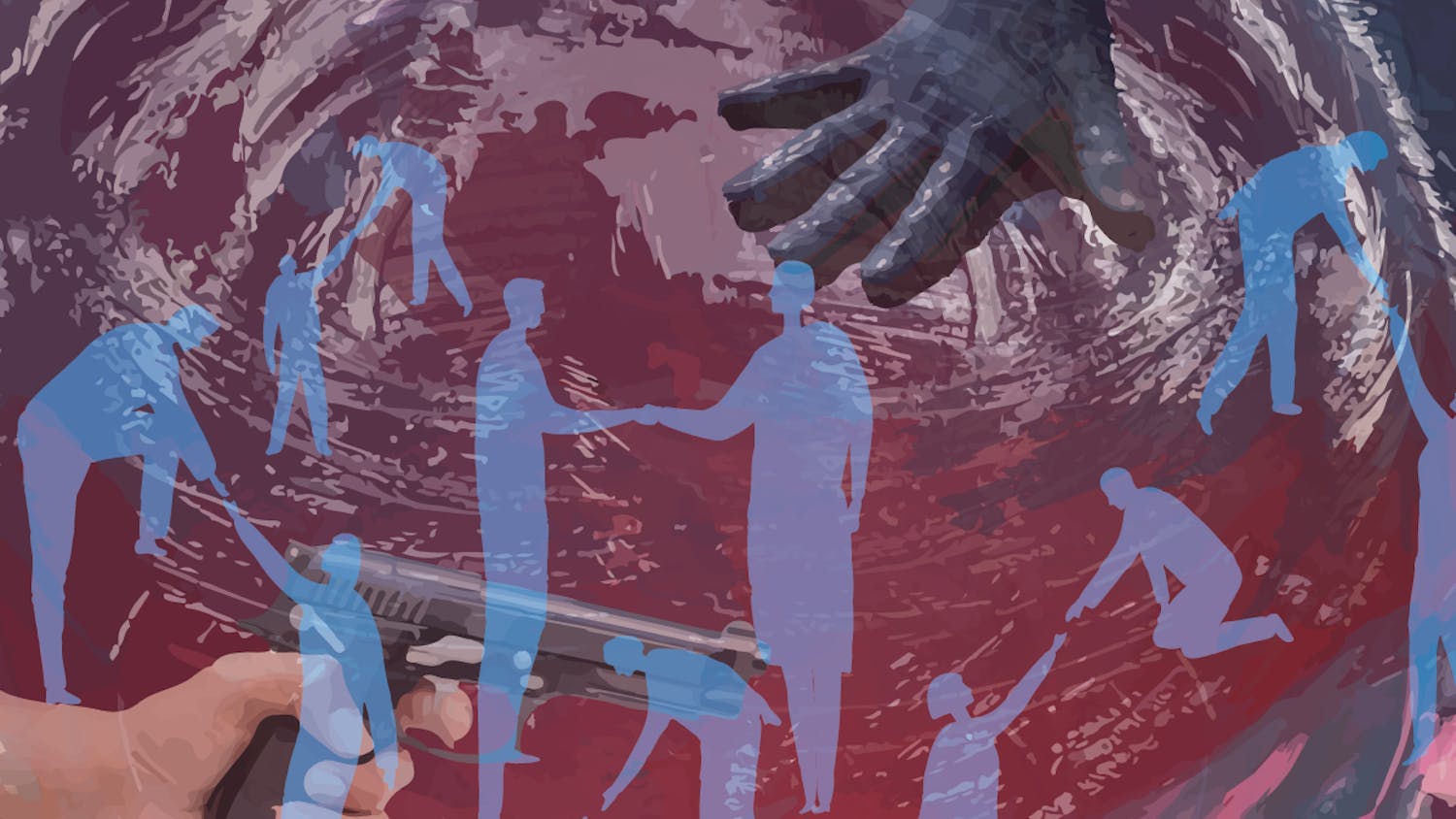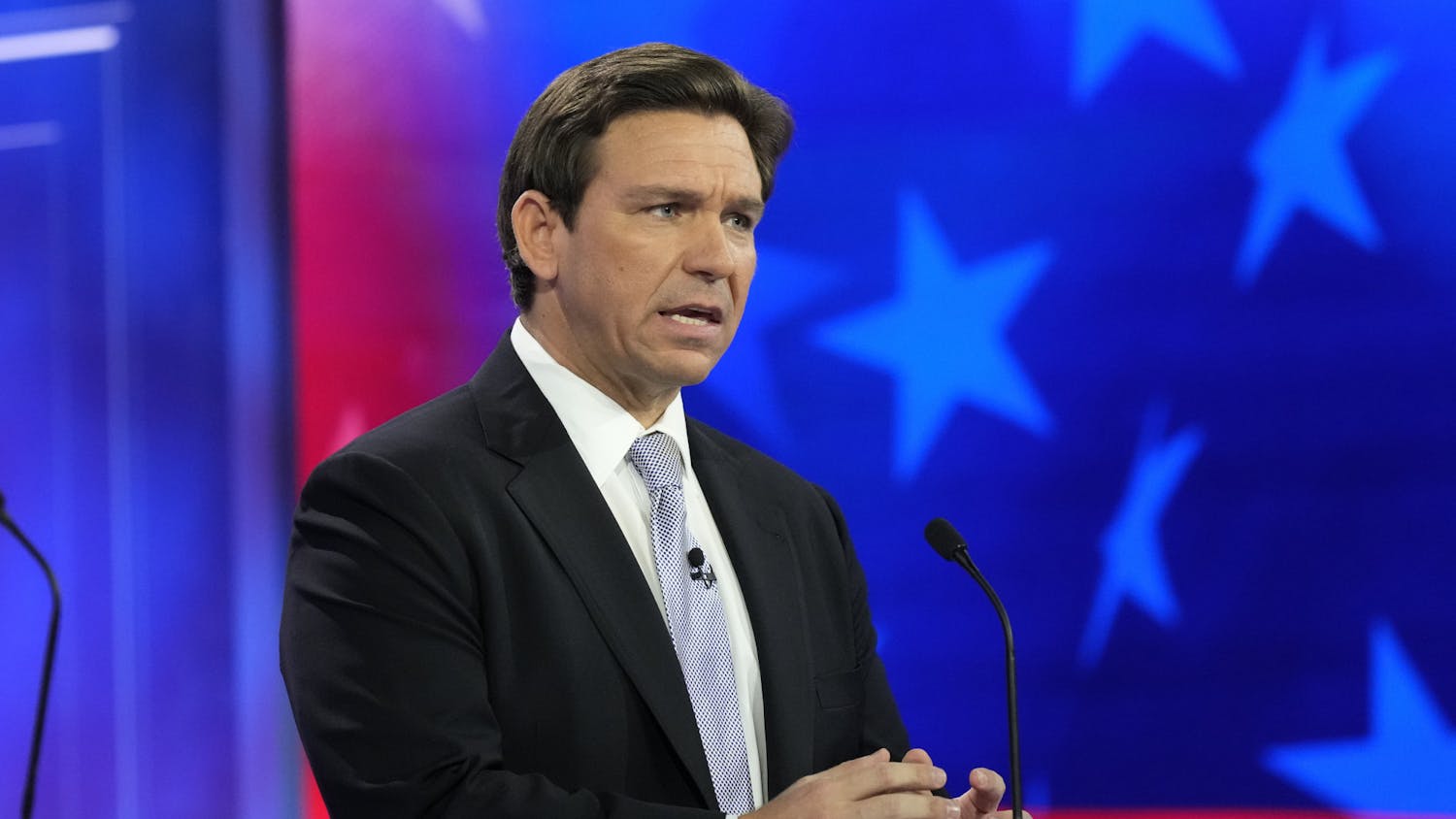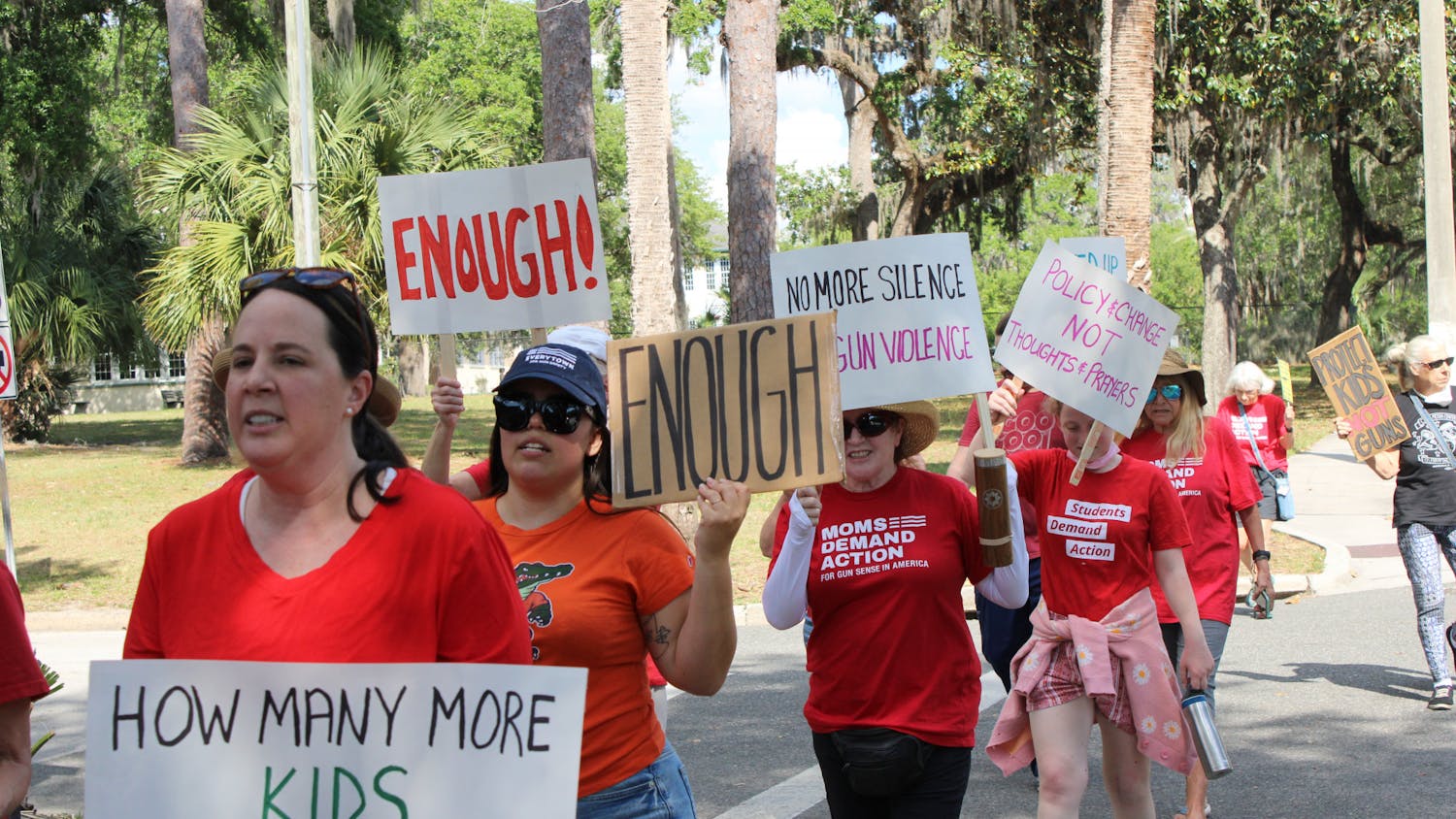Last week in Virginia, a group of gun-control activists planned to hold a rally at the Virginia State Capitol. The protesters were turned away by Capitol Police, who informed them that the sticks on the American flags that they carried were forbidden inside the building because they could be considered weapons.
Meanwhile, another group of visitors to the Capitol walked swiftly and freely through the doorway. This group was made up of members of the Virginia Citizens Defense League and other pro-gun activist organizations.
The pro-gun citizens were visiting the Capitol as part of a Guns Save Lives event. According to the Richmond Times-Dispatch, about half of the pro-gun group was armed with weapons ranging from handguns to assault rifles.
This incident is illustrative of the hallowed, almost divine status of firearms in American society. Groups like the National Rifle Association have worked tirelessly to promote the image of the responsible gun owner as the ideal patriotic American citizen.
After the tragic killing of 20 children and six teachers on Dec. 14, 2012, at Sandy Hook Elementary School in Newtown, Mass., NRA executive vice president Wayne LaPierre immediately announced the organization’s wholehearted opposition to any potential proposals for gun regulation.
Instead, LaPierre argued, the solution was to bring more guns into the mix by putting armed guards into every school in America.
“The best way to stop a bad guy with a gun,” he said, is with “a good guy with a gun.”
Lawmakers in Congress aligned themselves with the NRA’s absolutist, anti-gun control stance and failed to pass a single new firearm regulation in the aftermath of Sandy Hook.
The fallibility of LaPierre’s plan was exposed in January 2013, when an armed guard at Chatfield School in Lapeer, Mich., left his loaded gun in a school bathroom. This incident demonstrated the obvious: Even the most responsible gun owner is prone to lapses in judgment or memory. When firearms are involved, such mistakes have potentially devastating consequences.
Since the massacre at Sandy Hook, at least 194 more children have died as a result of gun violence, 127 of them in their own homes. Guns did not keep these children safe. Guns killed these children.
One possible solution to the problem of gun deaths in American homes would be to encourage pediatricians, who are directly involved in ensuring the health of America’s children, to inform parents about the importance of gun safety in the household.
Naturally, gun-rights advocates have sought to silence these vital stewards of our children’s health and safety. A law passed by the Florida Legislature in 2011 could result in $10,000 fines and other penalties for doctors who have conversations about guns with their patients. Gov. Rick Scott’s administration is currently defending the law in the Florida court system.
The popularity of these dangerous and foolish laws among the pro-gun community demonstrates that the safety of children is not the advocates’ primary concern.
Those who support sensible gun regulations, such as universal background checks and bans on certain kinds of assault weapons, must become much more forceful in their own advocacy if they are to have any chance of success.
Pro-life conservatives constantly rail against the Supreme Court’s ruling in Roe v. Wade, which held that women have a constitutionally protected right to an abortion. Nearly every Republican presidential candidate in recent memory has expressed a desire to see Roe overturned by a more conservative Court.
What if, in a similar manner, advocates of gun regulation attacked the Court’s ruling in District of Columbia v. Heller, which reaffirmed the individual right to bear arms? These activists might argue that the rights outlined by the Second Amendment are not intended for individuals at all, but only apply to the “well regulated Militia” referenced in the amendment’s text.
Such an effort to redefine the Second Amendment might not be ultimately successful, but it would help challenge the notion of the individual right to bear arms as a central and inarguable tenet of our society. This conversation would put political pressure on Congress to take action and help pave the way for new gun-control regulations, many of which are supported by the vast majority of the American people.
If America continues to place the gun sacred above all else, even above the safety and well-being of our children, then the shootings and the slaughter will continue unabated.
[Elliot Levy is a UF political science and public relations junior. His columns appear on Wednesdays. A version of this column ran on page 7 on 1/29/2014 under the headline "America must end gun-control taboo"]





